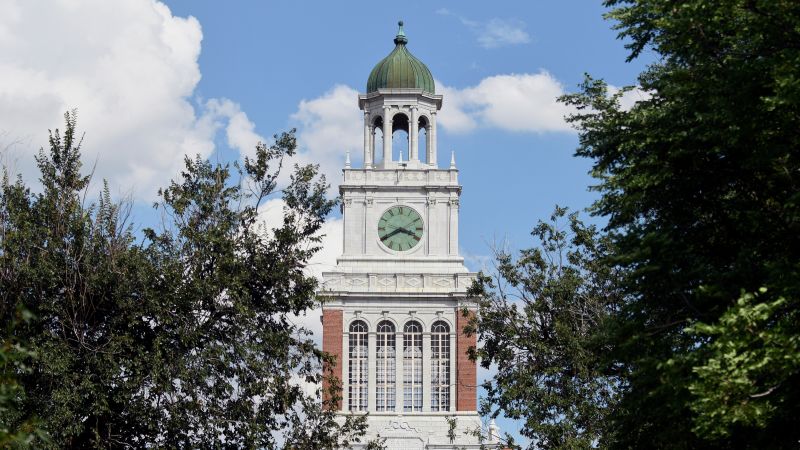
Gender Identity Accommodation in Educational Settings
Opinion | 8/29/2025
The US Education Department has determined that Denver Public Schools’ implementation of all-gender bathrooms and accommodation for students to use facilities aligned with their gender identity breaches Title IX regulations, which safeguard against sex-based discrimination in educational settings. The department’s recent statement underscores a contentious intersection between transgender rights and federal anti-discrimination statutes.
According to the Education Department’s findings, the Denver school district’s policy of providing all-gender bathrooms and permitting students to select restrooms based on their gender identity is viewed as noncompliant with Title IX mandates. This assessment has ignited debate on how best to balance transgender rights with legal frameworks designed to protect against sex-based discrimination in educational environments.
In response to the Education Department’s declaration, a spokesperson for Denver Public Schools expressed the district’s commitment to supporting the needs and rights of all students while striving to ensure compliance with federal regulations. The district’s stance reflects the complex challenges educational institutions face in navigating the evolving landscape of gender identity rights within the framework of established legal protections.
The clash between upholding transgender rights and adhering to federal anti-discrimination laws, as exemplified in the Denver school district case, underscores the ongoing legal and societal debates surrounding gender identity accommodation in educational institutions nationwide. This development highlights the pressing need for clearer guidance and consistent policies to address the rights of transgender students while upholding legal standards governing sex-based discrimination in education.
As discussions continue regarding the implications of the Education Department’s determination on Denver Public Schools and its broader ramifications for educational institutions across the country, stakeholders are grappling with the delicate balance between inclusivity and legal compliance in shaping policies that respect the rights and dignity of all students.


